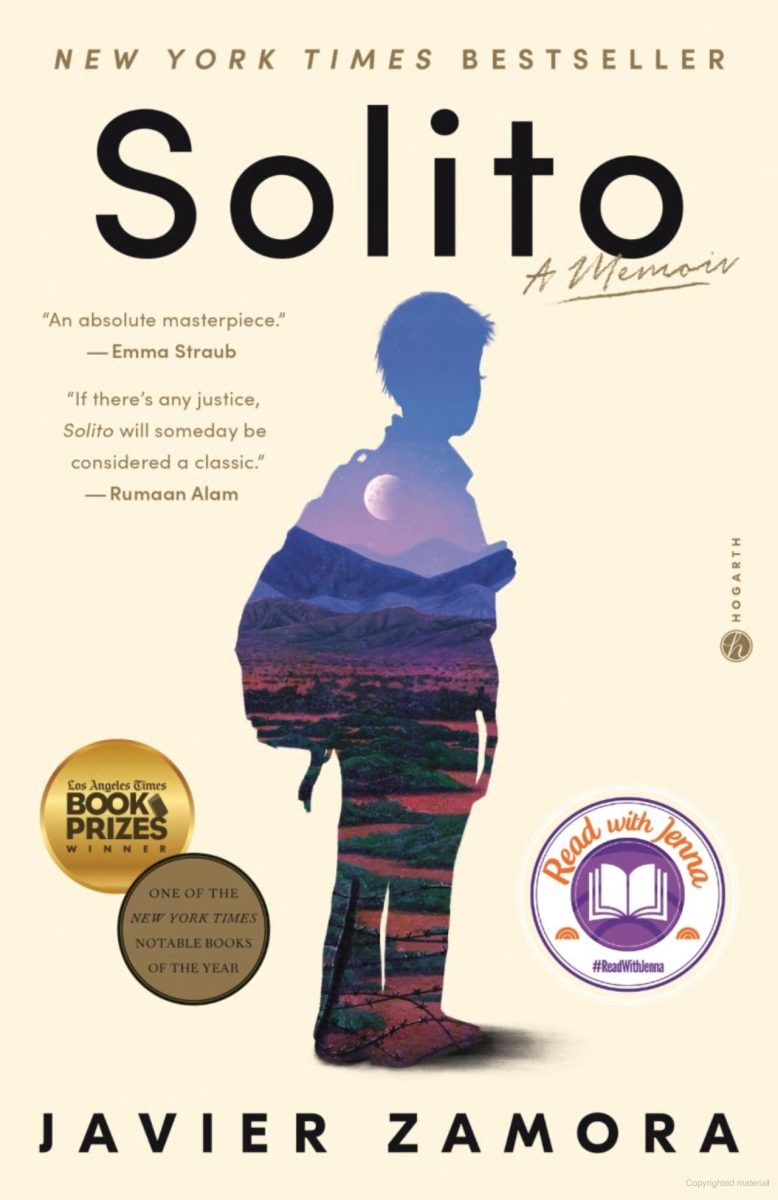Solito, Javier Zamora’s memoir, is just one of the novels assigned to senior English students at St. Thomas; however, it stands in stark contrast with other ordinary English class books. Throughout his journey to the United States, Zamora encounters numerous obstacles. The author’s authenticity provides a new perspective in the often overlooked story of migrants.
For instance, throughout the 2022 novel, Javier Zamora utilizes a distinctive form of diction with his inclusion of Spanish phrases. This unique way of storytelling is unlike traditional high school assigned reading. The choice of language throughout gives the reader the ability to truly acknowledge Zamora’s authentic personality and lived experience. Zamora incorporates the use of the Spanish language, which permits readers to be transported to the culture of the young Salvadorian boy. The Spanish words often referred to food, family names, and even curse words, enriching the narrative’s authenticity. For example, he presents terms like “cadejo,” a folkloric spirit from El Salvador that Javier carries with him as a guardian throughout his journey. The informal tone additionally enables teenage readers to understand the story from the perspective of the nine-year-old. This unique form of literature differs from the traditional literature that students are commonly taught throughout high school.
Javier Zamora’s purpose for Solito is to expand readers’ single perspectives. It impressively broadens our understanding of traditional literature by countering typical English curriculum. By incorporating unique diction that uses the Spanish language and cultural references that allow readers to connect deeply, readers are invited to recognize oversimplified stereotypes in literature and on migrants. Solito encourages readers to challenge single stories and embrace diversity, a useful lesson for the seniors as they prepare to take on the world outside of STA’s walls.









